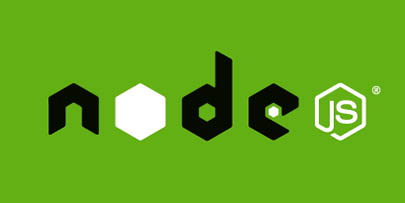How To Install NVM on Ubuntu 22.04 LTS

In this tutorial, we will show you how to install NVM on Ubuntu 22.04 LTS. For those of you who didn’t know, NVM is a command-line utility that simplifies the management of Node.js versions on your system. It allows you to install, uninstall, and switch between different Node.js versions effortlessly. By using NVM, you can ensure that your projects are running on the desired Node.js version, avoiding compatibility issues and enabling you to test your applications across multiple versions. NVM is particularly useful for Ubuntu users who require the flexibility to work with various Node.js projects that may have different version requirements.
This article assumes you have at least basic knowledge of Linux, know how to use the shell, and most importantly, you host your site on your own VPS. The installation is quite simple and assumes you are running in the root account, if not you may need to add ‘sudo‘ to the commands to get root privileges. I will show you the step-by-step installation of the NVM (Node Version Manager) on Ubuntu 22.04 (Jammy Jellyfish). You can follow the same instructions for Ubuntu 22.04 and any other Debian-based distribution like Linux Mint, Elementary OS, Pop!_OS, and more as well.
Prerequisites
- A server running one of the following operating systems: Ubuntu 22.04, 20.04, and any other Debian-based distribution like Linux Mint.
- It’s recommended that you use a fresh OS install to prevent any potential issues.
- SSH access to the server (or just open Terminal if you’re on a desktop).
- A
non-root sudo useror access to theroot user. We recommend acting as anon-root sudo user, however, as you can harm your system if you’re not careful when acting as the root.
Install NVM on Ubuntu 22.04 LTS Jammy Jellyfish
Step 1. To ensure a smooth installation process, it’s essential to update your Ubuntu system and install the necessary build tools. Follow these steps to prepare your system:
sudo apt update sudo apt upgrade sudo apt install wget apt-transport-https gnupg2 software-properties-common
Step 2. Installing NVM on Ubuntu 22.04.
By default, NVM is not available on Ubuntu 22.04 base repository. Now run the following command below to download the latest stable version of NVM to your Ubuntu system:
wget -qO- https://raw.githubusercontent.com/nvm-sh/nvm/v0.39.1/install.sh | bash
The script clones the nvm repository to ~/.nvm, To use it, you must first source your .bashrc file:
source ~/.bashrc
Confirm you have successfully installed NVM:
command -v nvm
Now, you can ask NVM which versions of Node are available:
nvm list-remote
There will be a very long list to choose from. You can install any of the versions listed here. For example, to install Node.js 16.15.0 version you can simply use the install command with the specific version:
nvm install v16.15.0
Once the installation is completed, verify it by printing the Node.js version:
node -v
Review all installed versions of Node with the ls command:
nvm ls
Congratulations! You have successfully installed NVM. Thanks for using this tutorial for installing the NVM (Node Version Manager) on Ubuntu 22.04 LTS Jammy Jellyfish system. For additional help or useful information, we recommend you check the official NVM website.